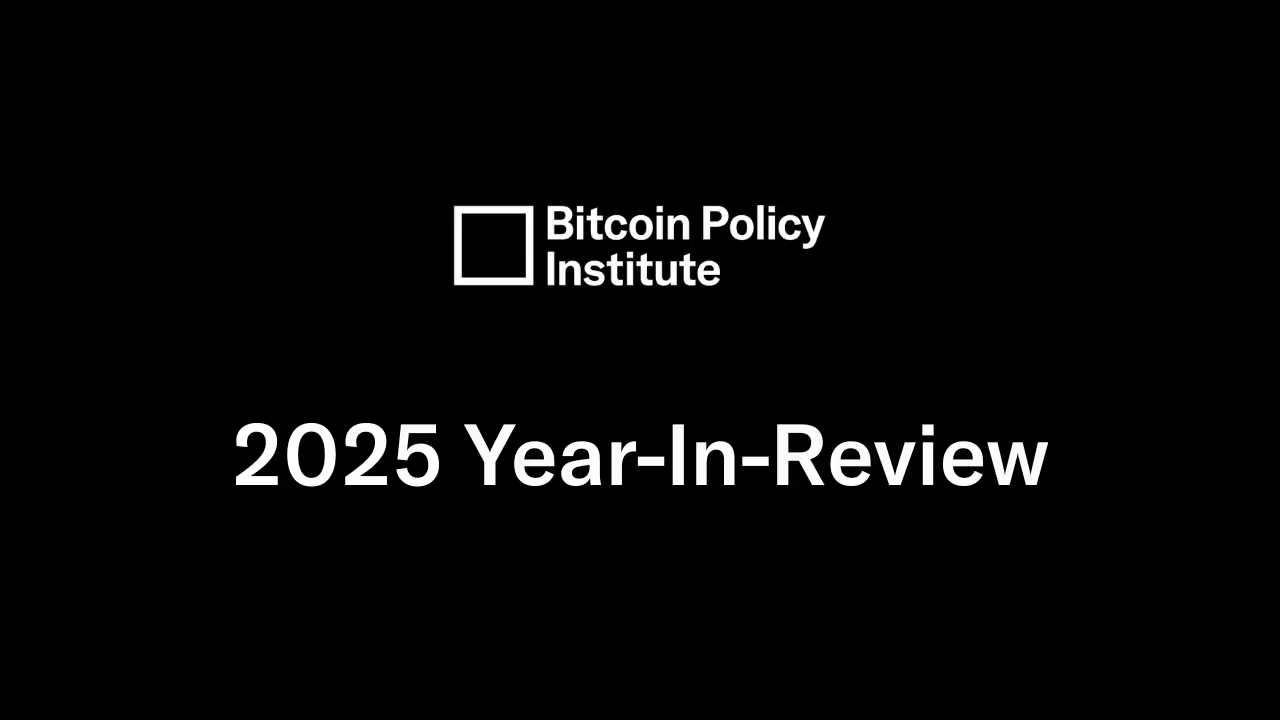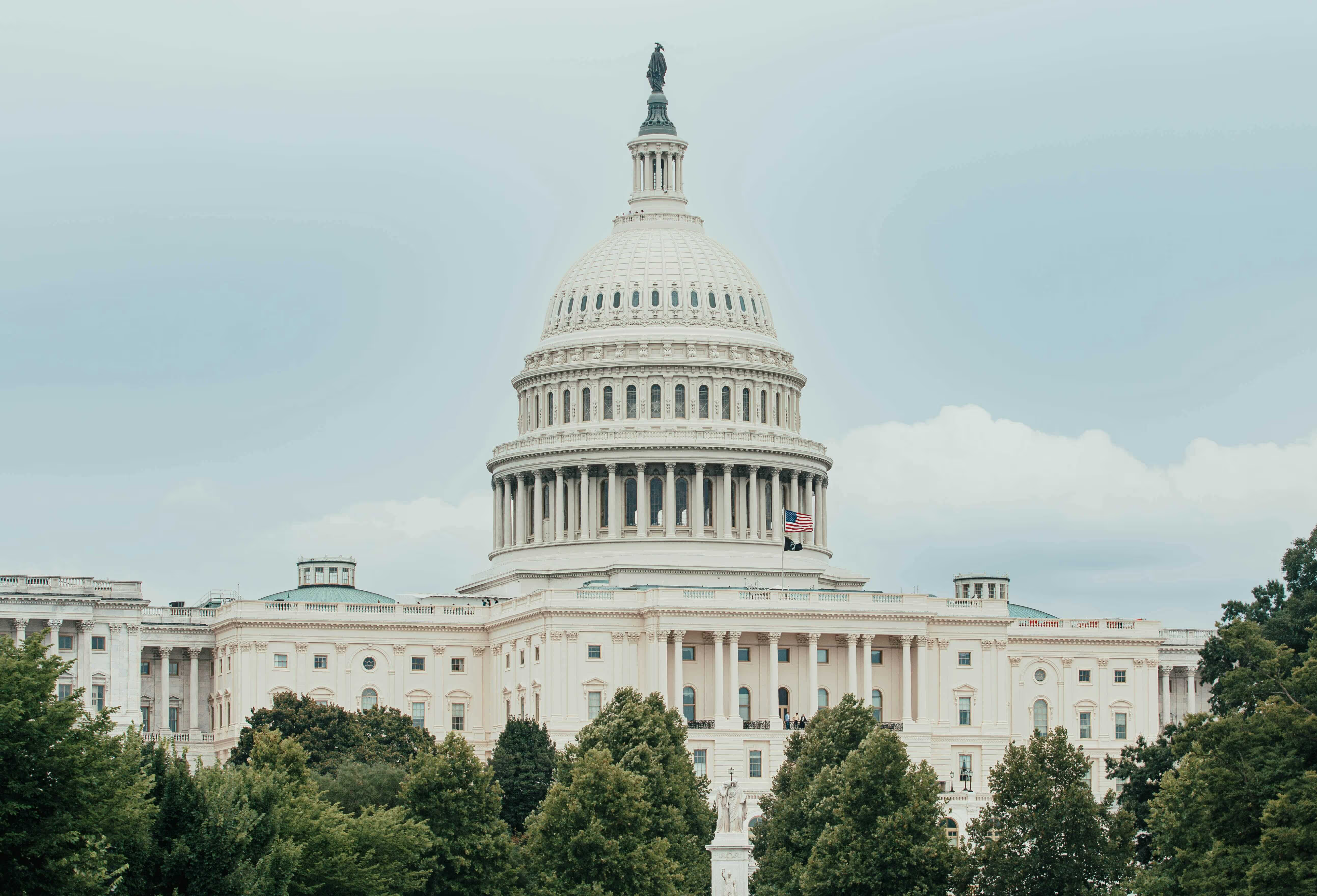The Powerful Fannie Mae Policy Change to Unlock Bitcoin-Based Mortgages
A key Fannie Mae policy change could unlock bitcoin-based mortgages and expand financial access for millions of Americans.

For those of us who save in bitcoin, use it on a daily basis, and are hopeful about its future, we recognize more than most the regulatory barriers and societal taboos that limit how we are able to use it.
Though we view bitcoin as the ultimate savings vehicle, and use it to safeguard our wealth and practice full monetary sovereignty, the rest of society has not yet developed enough to meet the moment.
The ability to make downpayments on property, gain access to traditional lending services, and even use bitcoin more broadly for payments and wages is mostly limited to the few entrepreneurial services operating in a risky legal environment.
But what if we could change this? What if there were just a few tweaks to existing laws and regulations that would help unlock bitcoin-based lending for mortgages, vehicles, and even businesses?
Do bitcoiners want debt?
Many bitcoiners eschew the concept of debt – indeed, it may be why they've decided to use bitcoin in the first place. But there is no denying that real people have real needs and if we believe that bitcoin is a better alternative to the fiat money system, then we should advocate for changes that will actually bring concrete changes to using bitcoin in the real world.
According to River, nearly 14% of Americans are estimated to own bitcoin, while close to 28% of Americans are said to own some kind of cryptocurrency.
For many young people – millennials and Gen Z – that means that without real estate or other larger investments, most of our net worth is held in bitcoin, as any non-scientific survey of Reddit will reveal.
Because we've chosen to value the "stacking of sats" over saving in traditional fiat currencies and investment vehicles, our unique financial standing is not well reflected in existing law and societal norms.
Yes, we've chosen bitcoin as our primary asset for the future. But that should not mean that we are excluded from traditional milestones that every individual and family will make in order to fulfill their standard of living and live a meaningful and purposeful life. And that will mean making significant risk assessments on property, cars, and other assets. Do bitcoiners want debt? No. But we also want to live.
The regulatory path to bitcoin-based mortgages
Because of the devaluation of our currency and restrictive policies around housing, it is objectively true that home ownership is increasingly out of reach for young people in the United States.
The median sales price of a home rose from $114,600 in 1995 to $389,800 in 2023. Housing prices in 2025 are estimated to reach 130% higher than 30 years ago, even when adjusted for inflation. Unless someone inherits significant assets, this is far out of bounds for anyone in an urban area who makes even a reasonable salary. Cobbling together the funds for a downpayment, or even qualifying for financing is kept out of reach for so many.
However, if we add bitcoin to this formula, and clear the path to its use in these situations, the calculus can change.
The novel approach I'd like to introduce here is the idea of unlocking bitcoin-based mortgages by changing several regulatory guidelines issued by housing authorities in the United States.
The Federal National Mortgage Association, colloquially known as Fannie Mae and created in 1938 as a government-sponsored enterprise, currently owns or guarantees nearly a fourth of all mortgages in the United States. Combined with its brother organization Freddie Mac, the Federal Home Loan Mortgage Corporation created in 1970 to expand the secondary mortgage market for smaller lenders, these two government-sponsored enterprises collectively back close to 40% of all securitized mortgages.
Due to their significant financial influence in the mortgage market and indirect control by government entities, both Fannie Mae and Freddie Mac set the industry standards that all other home lenders follow. Each piece of guidance offered to lenders looking to have mortgages securitized by either Fannie Mae and Freddie Mac therefore carries with it a de facto regulation that all other lenders follow.
Bringing this back to bitcoin, if Fannie Mae amended key language in their Selling Guide (SEL-2022-04) on virtual currencies, it would unlock the ability for Americans to use bitcoin as collateral for home loans, giving potentially millions of families the ability to also live out their dreams of home ownership.
First, it would need to establish that income earned in bitcoin and its crypto-offspring should be considered when qualifying as a borrower. Second, assets used to establish coinsurance for certain income types can be in the form of bitcoin and its crypto-offspring.
By reversing the previous guidelines and including bitcoin as an appropriate asset for income and net worth calculation, Fannie Mae would implicitly greenlight an innovative boom when it comes to bitcoin-based mortgages and lending.
That is it.
With these small changes in their Selling Guide, Fannie Mae would give a much-needed signal to the nascent and growing bitcoin asset and lending industry, following through on President Trump's promise to make the United States the "Bitcoin Capital of the planet".
What needs to be done in order to influence this change?
We're actually much closer than we may think.
Both Fannie Mae and Freddie Mac, though public companies that are technically government enterprises, are currently governed by boards overseen by the Federal Housing Finance Agency.
As of March 2025, the FHFA is led by William Pulte, appointed by President Trump and confirmed by the US Senate in March.
Pulte's name in Bitcoin circles should be well known. He is a scion of a construction and real estate empire and he spoke at Bitcoin 2024. He is a public bitcoiner who has been around the circuit of Bitcoin podcasts for at least the last 5 years, and was boosted to fame with his philanthropy on the Twitter/X platform.
Pulte's role as the head of the FHFA is to supervise, regulate, and provide oversight for the housing finance sector, especially as the federal government is a conservator of Fannie Mae and Freddie Mac.
If Pulte would like to follow through on Trump's promises to bitcoiners and the sounder and fairer regulatory environment that would create new opportunities and wealth for millions of Americans, then making this change in lending guidance is an absolute winner.
Yaël Ossowski is a fellow at the Bitcoin Policy Institute and deputy director at the Consumer Choice Center.



.svg)





